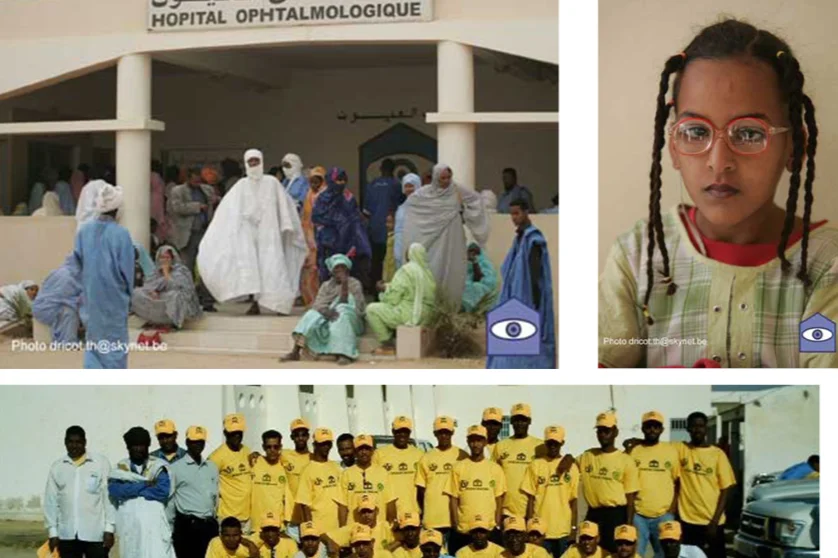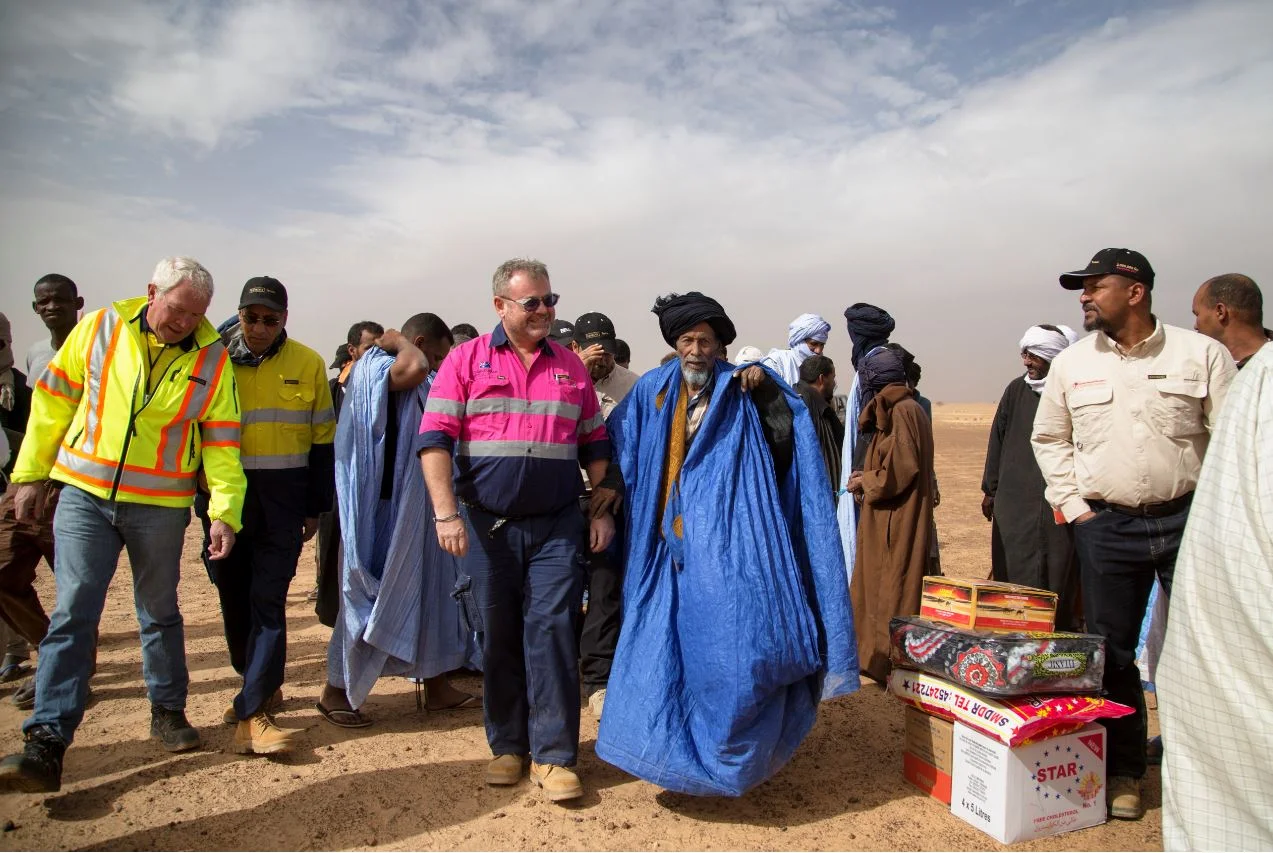The Private Sector in Mauritania: The Role of the Private Sector in Sustainable Development
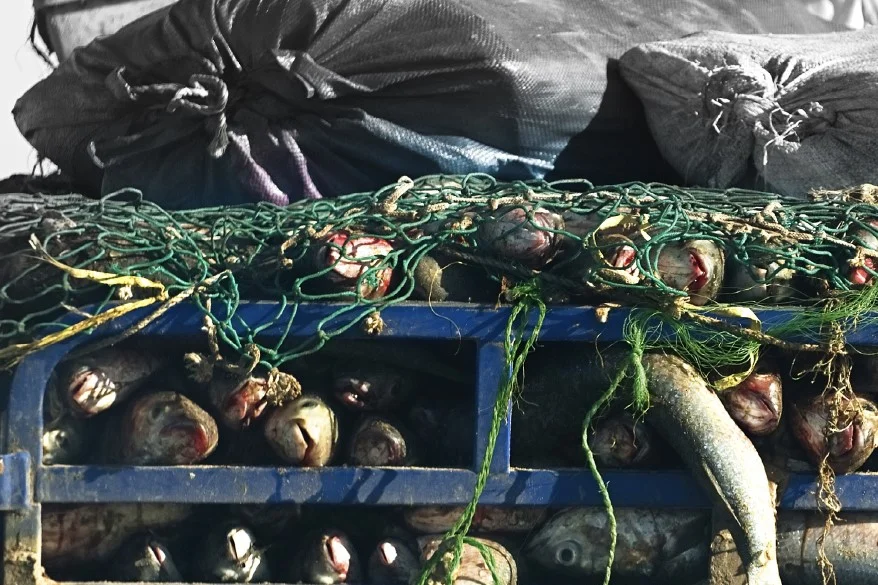
Promoting local and foreign private investments constitutes a strategic option for Mauritania because of its utmost importance in achieving its development directions announced within the framework of the strategy of accelerated growth and shared prosperity for the period between 2016-2030 and in harmony with the goals of sustainable development ODD, as well as in the economic take-off plan for the period between 2020-2023 to overcome the repercussions of the Corona pandemic and advance the Mauritanian economy, as this strategy and programs rely on the effective participation of the private sector to exploit and value important and diverse natural resources (gas, iron ores, fish wealth, gold, livestock, copper…) and to diversify the base The Mauritanian economy, which will contribute to fighting poverty and creating more job opportunities.
Adherence to the rules and conditions of international financial institutions may contribute to the flow of significant financing and important private foreign investments. However, this approach reinforces the extent of economic and financial dependency and the continuation of a development approach that has not yielded tangible results over the past decades, but rather perpetuated permanent dependence on external factors even more. From local capabilities.
Mauritania has adopted a strategy to advance the private sector by 2025 that combines overcoming the obstacles that limit its effectiveness with creating an enabling environment for doing business to stimulate and attract it. Mauritania has introduced many regulatory and legislative reforms (Supreme Council for Investment, February 2020, law for partnership between the public sector and… The Special Law of 2017 was amended and developed in 2021, the Investment Law of 2012, the Free Economic Zone in Nouadhibou in 2013, and the amendment of the Commercial Law..), in addition to establishing a regulatory framework to facilitate doing business in the field of establishing companies (a unified window in Nouakchott and Nouadhibou) with the approval of many International agreements related to investment, whether multilateral or bilateral (agreements to encourage and protect investments, as well as agreements to prevent double taxation).
Despite all this, there are still a number of obstacles and challenges that stand in the way of attracting local and foreign private investments, their feasibility, and their effective contribution to sustainable development, the most prominent of which is the difficulty of accessing funding sources, weak levels of technical and professional training, the absence of governance, and a weak level of formation and organization of the sector. Local privacy, which hinders the control of companies’ activities, and the resulting humanitarian impacts (work accidents), social impacts (mass evictions), and a dangerous environment (pollution of drinking water and the marine environment…). From here, the problem of the extent of the ability to reconcile profitability arises. And sustainable development through the extent to which local and foreign private companies adhere to the principles of human rights and environmental standards stipulated in local laws and legislation and ratified within the framework of multilateral international agreements.
Note that most of the investments, specifically foreign ones, in Mauritania were mainly concentrated in the extractive sectors related to iron ores, gold, copper, and oil, where most of these foreign companies were able to conclude agreements and build strong relationships to enable them and maximize their exploitation and also protect them from accountability.
These agreements with private foreign companies, whether in the field of fishing, minerals, or agriculture, have raised problems related to the weak financial returns resulting from them on the one hand, and the inability to monitor all the activities of these powerful groups on the other hand, which reinforces the necessity of activating the role of accountability.
These demands come in the context of the crystallization of collective awareness led by a number of non-governmental organizations working in the field of environmental defense, human rights, and governance, where they strongly and constantly raise the weak benefit of society from wealth compared to the side effects that may result from the activities of these private companies. resulting from the intensification of its activities in Mauritania. Some of these active organizations are also calling for the Ministry of Environment and Sustainable Development, which was established in Mauritania in line with international trends in the field of sustainable development, to be more stringent in implementing the environmental code and respecting international agreements ratified in this regard.
The advancement of the private sector in Mauritania will remain dependent on the shift from traditional, unregulated commercial practice to the stage of institutionalization and organization, and deepening the thought and culture of entrepreneurship in the field of business, which will ensure and qualify the private sector to effectively integrate into the national economy and reduce the role of the unclassified sector, which occupies space. Big in Mauritania.
Reconciling the public and private dimensions, the strength of the interconnection between public and private interests, and the pivotal role of the private sector in development strategy and the goals of welfare, social justice, and respect for the environmental system is what this study seeks to achieve by drawing new controls for holding the private sector accountable. local and foreign, to be consistent with keeping pace with expanding and activating the circle of its participation in the hope of moving beyond the traditional view that made all its activities confined to a narrow circle of profitability, even if they were at the expense of the social, humanitarian and environmental aspects, to a general, comprehensive and comprehensive view of all dimensions of sustainable development, which requires deepening reforms. Aiming to encourage the private sector.
The study of the fishing sector comes as a model of the important economic impacts that good management and rationalization of its resources may have, ensuring the preservation of diverse fishery resources and contributing to integrating the sector further into the national economy, through its ability to attract more local and foreign investments in addition to managing risks. Environment (Sustainable Development Goal No. 14) and working to preserve marine and coastal environmental diversity and reduce disaster risks.
The importance of upgrading the sector may become clear in its pivotal role in favor of the poor and food security, and the focus on people with great capabilities in employment and productivity (Sustainable Development Goal No. 8). World Bank studies related to the evaluation of natural resources indicate that the size of the sector exceeds 10 billion dollars.
A scientific and objective study of this topic requires analysis and diagnosis of development challenges, along with deepening research related to the reality of the Mauritanian business sector, to identify all those challenges and obstacles that require quick solutions to overcome all those imbalances that have been and continue to be paralyzing the effectiveness of the private sector since its inception, with Mauritania following the liberal approach. Since the early 1980s, with structural reform policies and the economic freedom they symbolize, they ensure competition and encouragement for the local and foreign private sector.
Preparing this study required adopting a combined approach between descriptive analysis and a specific case study as a model that enhances the theoretical presentation of the reality and prospects of the business sector in Mauritania.
The study relied on various documents related to the subject that were prepared by the relevant government sectors or those that were prepared by financial institutions such as the World Bank, the International Monetary Fund, the African Development Bank, or international expert offices…etc.
This study faced a number of obstacles, the most prominent of which is the lack of statistics related to the development of companies, their size, and the job opportunities resulting from their activities, which was indicated by the recent study published by the World Bank in May 2019 regarding the economic situation in Mauritania and the general business climate, in addition to the lack of response of some of those in charge of the authorities. An official source provided the basic information and statistics for this study.
We have held meetings with some officials in the sectors related to the promotion of the private sector (the General Administration for Investment Promotion, the Nouadhibou Free Economic Zone Authority, the Chamber of Industry and Commerce, the National Union of Mauritanian Employers, and civil society organizations), in addition to meetings with some local and foreign investors…etc. .
The study deals with two main sections. The first section, in its first chapter, presents the development challenges facing Mauritania and the set of laws and regulations related to corporate accountability in the first part. The second part includes information about the local and foreign business sector, foreign direct investments, the sectors that attract them, and the partnership between the public sector and the private sector.
The second section focused on studying the fishing sector in the hope of highlighting its components and its ability to attract local and foreign investments to effectively contribute to achieving development goals.
 Algeria
Algeria Bahrain
Bahrain Comoros
Comoros Djibouti
Djibouti Egypt
Egypt Iraq
Iraq Jordan
Jordan Kuwait
Kuwait Lebanon
Lebanon Libya
Libya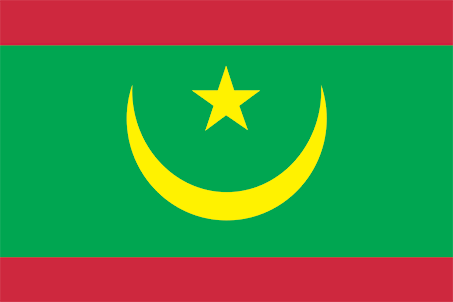 Mauritania
Mauritania Morocco
Morocco Oman
Oman Palestine
Palestine Qatar
Qatar Saudi Arabia
Saudi Arabia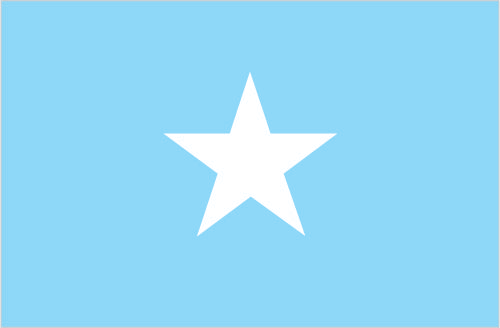 Somalia
Somalia Sudan
Sudan Syria
Syria Tunisia
Tunisia UAE
UAE Yemen
Yemen